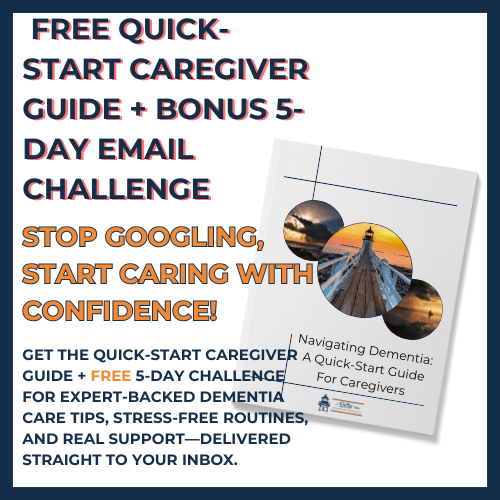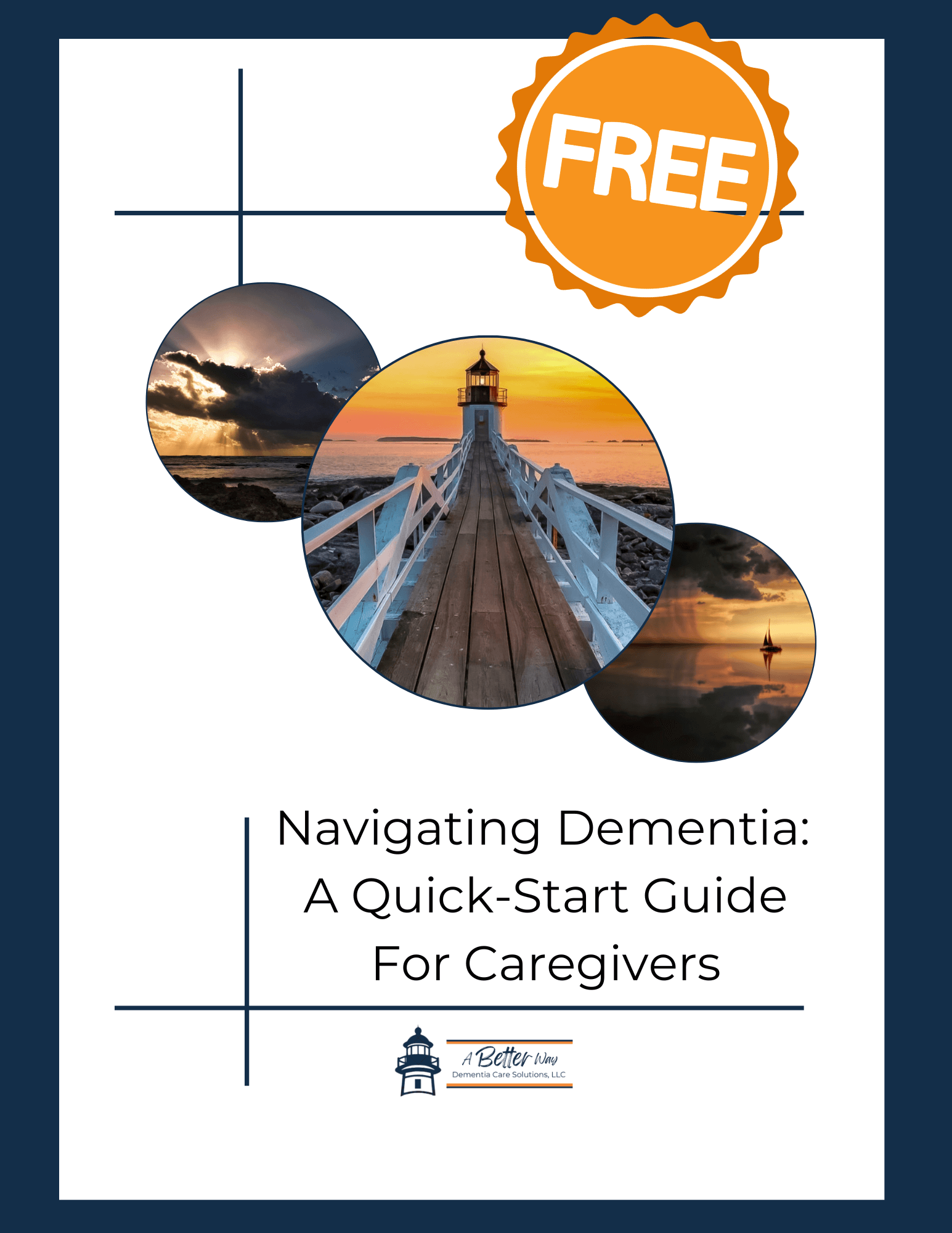
Caring for someone with dementia is a journey filled with emotional, physical, and financial challenges. Many caregivers find themselves overwhelmed when trying to navigate the complex world of healthcare coverage. Understanding the differences between Medicare and Medicaid, and how these programs can help cover dementia care costs, is essential for making informed financial decisions.
Why Understanding Medicare and Medicaid Matters
Dementia care often requires a combination of medical treatments, long-term care, and support services. However, paying for these services can quickly become a financial burden. The Alzheimer’s Association (n.d.) emphasizes that early planning is crucial to ensuring that individuals with dementia receive the care they need while protecting their financial resources.
What Medicare Covers for Dementia Care
Medicare is a federal health insurance program primarily for individuals 65 and older or those with certain disabilities. While it does not cover long-term custodial care, it does provide coverage for some medical needs associated with dementia, including:
1. Medical and Hospital Services (Medicare Part A & B)
- Doctor visits and specialist appointments
- Hospital stays
- Skilled nursing facility care (short-term rehabilitation, up to 100 days per benefit period)
- Home health care (limited skilled nursing or therapy services)
- Hospice care for end-of-life support
According to Medicare.gov (n.d.), hospice services include pain management, symptom control, and emotional support, all of which are crucial for individuals in the later stages of dementia.
2. Prescription Drug Coverage (Medicare Part D)
Medications to help manage dementia symptoms, such as cholinesterase inhibitors (donepezil, rivastigmine) and memantine, may be covered under Medicare Part D or Medicare Advantage Plans. The National Institute on Aging (n.d.) advises caregivers to compare drug plan formularies to ensure necessary medications are included.
3. Medicare Advantage (Part C) and Special Needs Plans
Some Medicare Advantage plans offer additional benefits, such as adult day health services, in-home support, and care coordination, which may help with dementia-related needs. Special Needs Plans (SNPs) are designed specifically for individuals with chronic illnesses, including dementia (CMS.gov, n.d.).
What Medicaid Covers for Dementia Care
Medicaid is a state and federally funded program that provides healthcare coverage for low-income individuals. Unlike Medicare, Medicaid does cover long-term care services, making it a vital resource for individuals with advanced dementia.
1. Long-Term Care Services
Medicaid covers nursing home care and, in many states, Home and Community-Based Services (HCBS), which provide in-home care, adult day programs, and respite care for caregivers (Eldercare Locator, n.d.).
2. Assisted Living and Memory Care
While Medicaid coverage for assisted living and memory care units varies by state, some programs offer waivers to help pay for these services. Checking with your state’s Medicaid office is essential for understanding available benefits.
3. Financial Eligibility for Medicaid
Since Medicaid is income-based, eligibility depends on financial resources and state-specific guidelines. The National Council on Aging (n.d.) recommends speaking with a Medicaid planning professional to explore legal ways to protect assets while qualifying for benefits.
Action Steps for Caregivers
- Determine Eligibility: Visit Medicare.gov and Medicaid.gov to check eligibility requirements.
- Review Plan Options: Compare Medicare Advantage and Special Needs Plans that may offer dementia care benefits.
- Apply for Medicaid if Needed: Contact your local Aging and Disability Resource Center (ADRC) for guidance.
- Seek Professional Advice: Consult with an elder law attorney or Medicaid planning specialist to explore asset protection strategies.
- Plan for Long-Term Care Costs: Consider long-term care insurance or other financial resources early in the dementia journey.
Recommended Resources & Tools
- Medicare & Dementia Care Guide: Alzheimer’s Association
- State-Specific Medicaid Information: Medicaid.gov
- Long-Term Care Planning Assistance: National Council on Aging
- Find an elder law attorney: Find a Lawyer
Take the Next Step
Navigating the financial aspects of dementia care may feel overwhelming, but taking proactive steps can make a significant difference. Understanding Medicare and Medicaid options allows caregivers to access the resources needed to provide high-quality care while safeguarding their financial future. If you're unsure where to start, seeking guidance from a dementia care consultant or elder law attorney can help clarify the best path forward.
Personal Attention
If you need personalized guidance on creating a care plan, consider our 1:1 caregiver coaching services. Let’s navigate this journey together. Schedule a consultation today!
Join Our Private Caregiver Community
If you're looking for a safe space to share your caregiving experiences, ask questions, or simply connect with others who understand the challenges you face, join our private Facebook support group for caregivers. It's a supportive, empathetic community where you can find encouragement and answers when you need them most. Click here to join.
Subscribe to Our Newsletter & Download Your Free E-Book
For more valuable tips, resources, and updates on dementia care, click here to subscribe to our newsletter today!
Download Our FREE E-Book. CLICK HERE

Disclaimer
The information contained in this blog post is for general educational and informational purposes only and should not be construed as legal advice, financial advice, health advice, or medical advice. The information provided is not a substitute for advice from a qualified professional who is aware of the facts and circumstances of your individual situation. We expressly recommend that you seek advice from a professional familiar with your specific situation.
Want to keep figuring this out together?
Subscribe to Finding Our Way in Dementia Care and get honest stories, helpful tips, and gentle support delivered to your inbox every week. Just real talk, grounded care, and space to breathe.
Subscribe to Finding Our Way in Dementia Care and get honest stories, helpful tips, and gentle support delivered to your inbox every week. Just real talk, grounded care, and space to breathe.
Kind truth. Clear steps. Warm guide.

















0 Comments